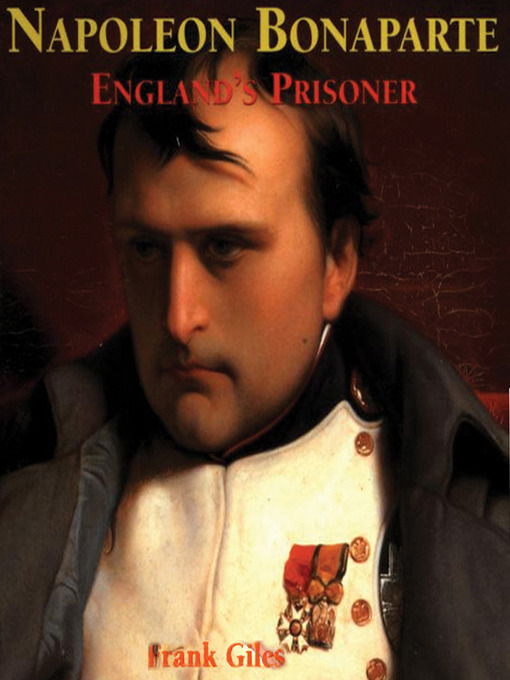After his surrender to the Royal Navy, Napoleon became the object of massive English public interest. He would live out his last years on the island of St. Helena without ever admitting to being a prisoner.
This close study of Napoleon in captivity attempts to reconstruct an authentic portrait of the fallen emperor by examining contemporary documents and records of public opinion.
Napoleon worked hard to obfuscate his history of tyranny with a legend elevating him as the architect of a federation of free European peoples, thwarted by reactionary monarchs and British envy. Many English citizens collaborated in this legend and joined in the condemnation of Napoleon's jailer and guardian, Sir Hudson Lowe.
Frank Giles takes a fresh, balanced look at both Lowe and Napoleon, condemned to each other on an island for six years.

